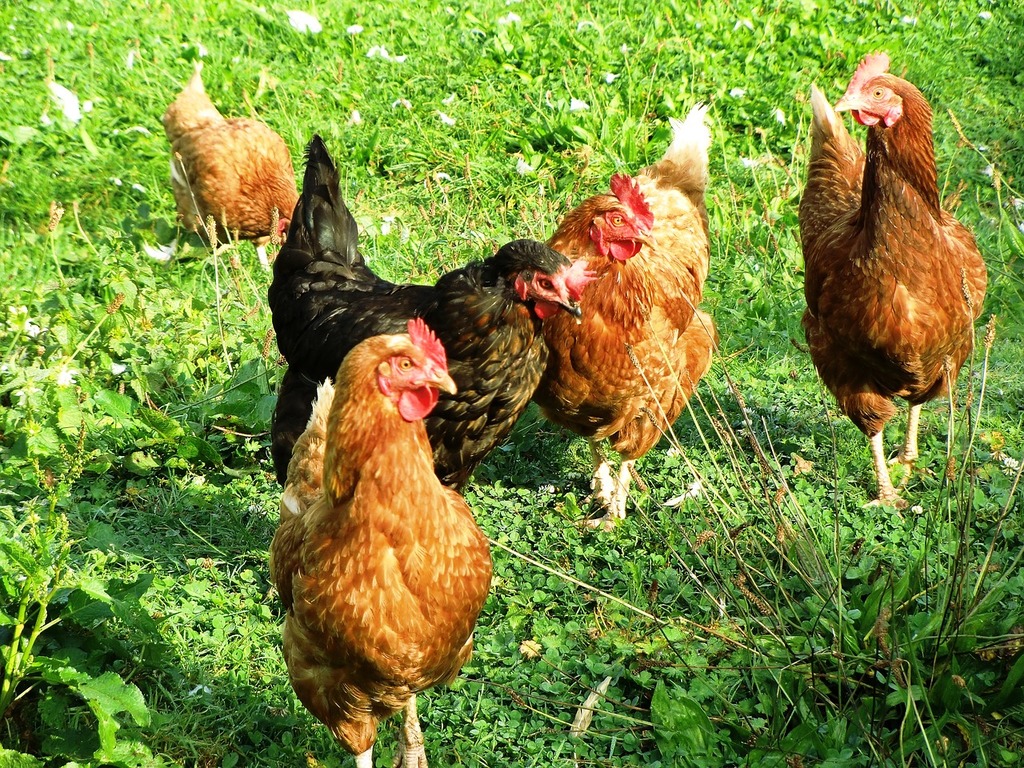As we report in the news section of this week’s paper, bird flu has been found at a farm in Udimore, with a 3km protection zone and a 10km surveillance zone set up on January 17.
The UK Health Security Agency says the risk to the general public’s health is very low. East Sussex County Council says there is no need to report dead birds unless you find a large number in one place.
The Department for Environment, Food and Rural Affairs website has advice for anyone concerned, including information on feeding wild birds and protecting pets.
Protecting people from bird flu
Bird flu mainly affects birds. It can affect humans and other mammals. The UK Health Security Agency advise that the risk from this bird flu strain is very low.
The Food Standards Agency advise that it is safe to eat properly cooked poultry and poultry products, including eggs.
For more advice go to the:
Protecting pets and other animals
There is a small risk to cats or dogs if they catch wild birds infected with bird flu. Common garden birds have a lower risk of being infected with bird flu than ducks, geese, swans and gulls.
You should stop your pets from having close contact with:
- dead or sick wild birds, as they may be infected with bird flu
- droppings, feathers or carcasses of wild birds
- feed and water bowls that wild birds could have accessed
When walking your dog, keep them under effective control so they stay away from wild birds. Look out for warning posters or other signs in these areas.
Do not enter areas where bird flu has been confirmed in poultry, other captive birds or kept mammals without permission from the Animal and Plant Health Agency (APHA). Signs will tell you where these restrictions are in force.
For more advice go to the:
Advice on feeding wild birds
You can feed wild birds but always wash your hands with soap and water afterwards. Avoid areas that have premises where poultry or captive birds are kept. Wild birds can spread bird flu to captive birds.
If you feed wild birds in your garden, read advice from the British Trust for Ornithology (BTO) to keep feeders and water baths clean. This will help to stop bird flu and other diseases spreading between different birds.
Do not touch or move any dead or sick wild birds – find out how to report them.
Wash your hands thoroughly with soap and water if you touch wild bird faeces or feathers. For more advice go to the NHS website.
Image Credits: Picryl CC .



